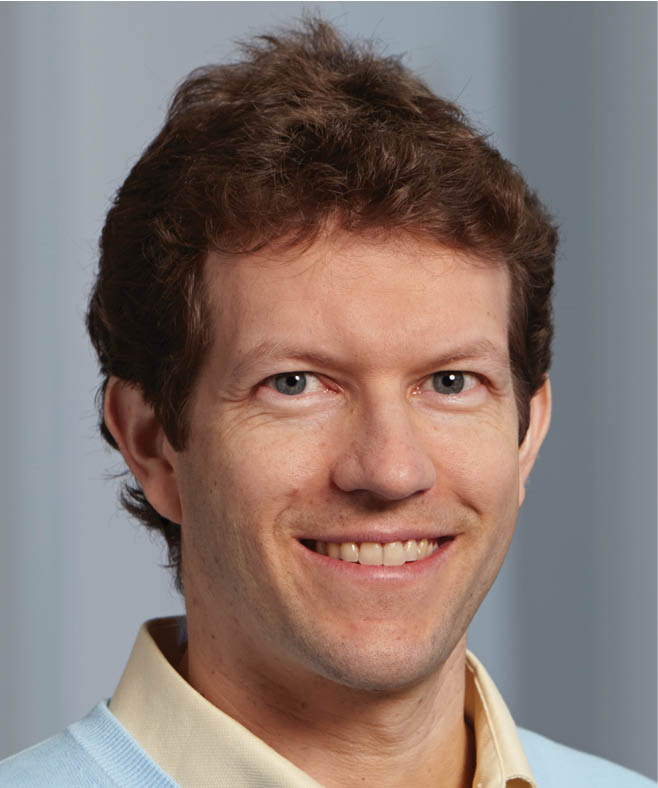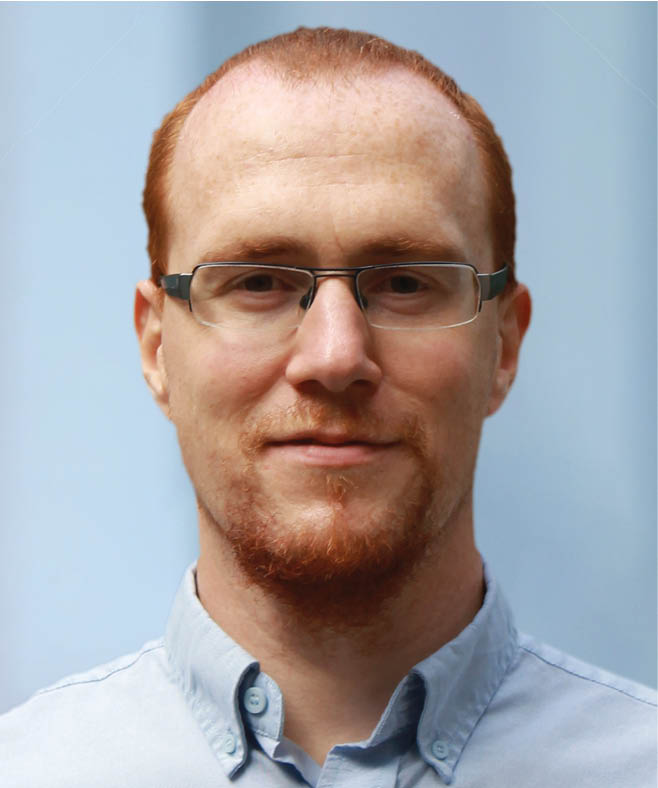Adrian Perrig and Torsten Hoefler named IEEE Fellows
Adrian Perrig and Torsten Hoefler, professors at the Department of Computer Science, have been named IEEE Fellows. The prestigious grade of IEEE Fellow is conferred upon a person with an outstanding record of accomplishments in any of the IEEE fields of interest.
The IEEE Fellow Comittee announced the newly elevated IEEE Fellows of 2021 — amongst them are Professor Adrian Perrig and Professor Torsten Hoefler, both from the Department of Computer Science. The distinction recognises the extensive research accomplishments in their respective fields.
Adrian Perrig has been named IEEE Fellow for his contributions to network and system security. Perrig’s research in attestation has led to the new research area of software-based attestation and has had profound impact in HW attestation techniques. His TESLA protocol has shaped the field of broadcast authentication, has been widely used in industry and academia, and is today considered for the authentication of Galileo GNSS. Perrig's work on SPINS has formed the foundation for ZigBee security, which is deployed today in hundreds of millions of devices. Furthermore, his work on the SCION Internet architecture is the first inter-domain routing architecture with global deployment since BGP’s deployment in 1994.
Torsten Hoefler has been named IEEE Fellow for his contributions to large-scale parallel processing systems and supercomputers. Hoefler made significant contributions to High-Performance Computing (HPC) networking through advocacy of low-diameter topologies, routing, and communication protocols. He contributed to the network design of the NSF Blue Waters supercomputer and was a co-author of the PERCS topology paper. PERCS (Productive Easy-to-use Reliable Computing System) has, compared to state-of-the-art HPC systems, higher performance and productivity goals. Many of the design ideas found their way into modern datacenter and cloud systems. Above all, Torsten made significant contributions to HPC programming through his impact on the Message Passing Interface (MPI), such as driving the standardisation of nonblocking collectives, scalable topologies, and neighborhood collectives. He also contributed key ideas to MPI-3 Remote Memory Access. MPI is used on all supercomputers worldwide and many datacenter systems to run scientific simulations and large-scale machine learning tasks.
The grade of IEEE Fellow garners great respect in the technical community and is considered an important career achievement.
More about Adrian Perrig

Professor Adrian Perrig leads the Network Security Group at the Department of Computer Science. He is also a distinguished fellow at CyLab and an adjunct professor of Electrical and Computer Engineering at Carnegie Mellon University. From 2002 to 2012, he was a professor of electrical and computer engineering, engineering and public policy, and computer science (courtesy) at Carnegie Mellon University, becoming full professor in 2009. Prof. Perrig's research revolves around building secure systems — in particular, his group is working on the SCION secure Internet architecture.
More about Torsten Hoefler

Professor Torsten Hoefler heads the Scalable Parallel Computing Laboratory at the Department of Computer Science. Internationally, Torsten Hoefler is one of the leading scientists in the field of high-performance computing. His work focuses in particular on improving the performance of highly scalable parallel systems and developing numerous applications in the areas of weather, climate simulation and machine learning. Hoefler has won many awards, including the Latsis Prize from ETH Zurich, an ERC Starting Grant and the BenchCouncil Rising Star Award, to name a few.
About IEEE
The IEEE is the world’s leading professional association for advancing technology for humanity. Through its 400,000 plus members in 160 countries, the association is a leading authority on a wide variety of areas ranging from aerospace systems, computers and telecommunications to biomedical engineering, electric power and consumer electronics. Dedicated to the advancement of technology, the IEEE publishes 30 percent of the world’s literature in the electrical and electronics engineering and computer science fields and has developed more than 1300 active industry standards. external page More